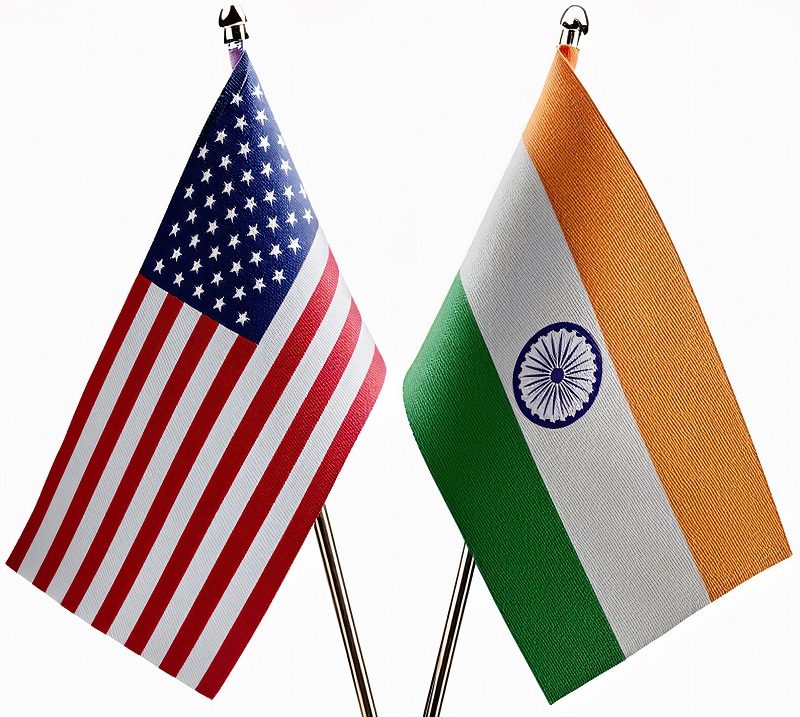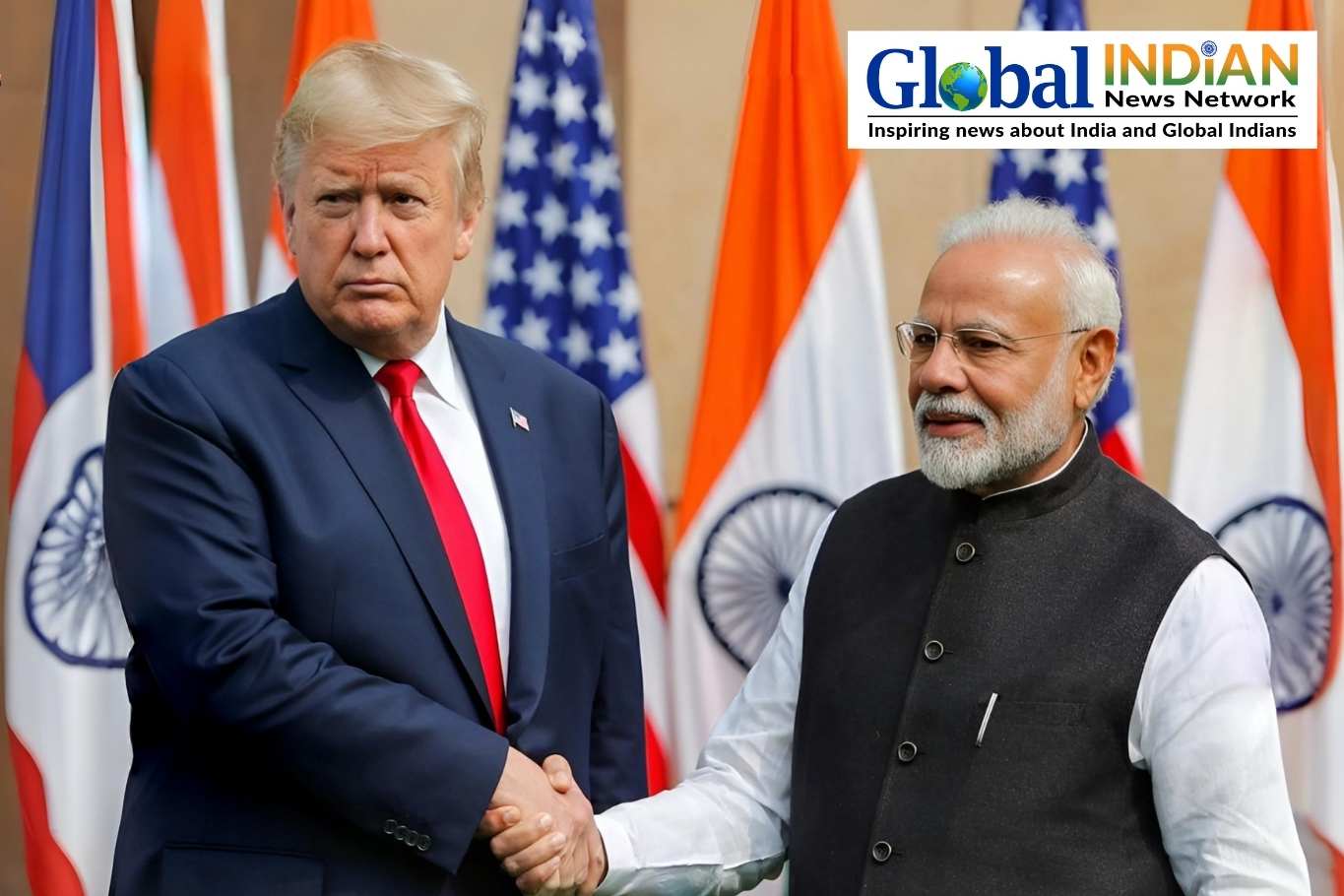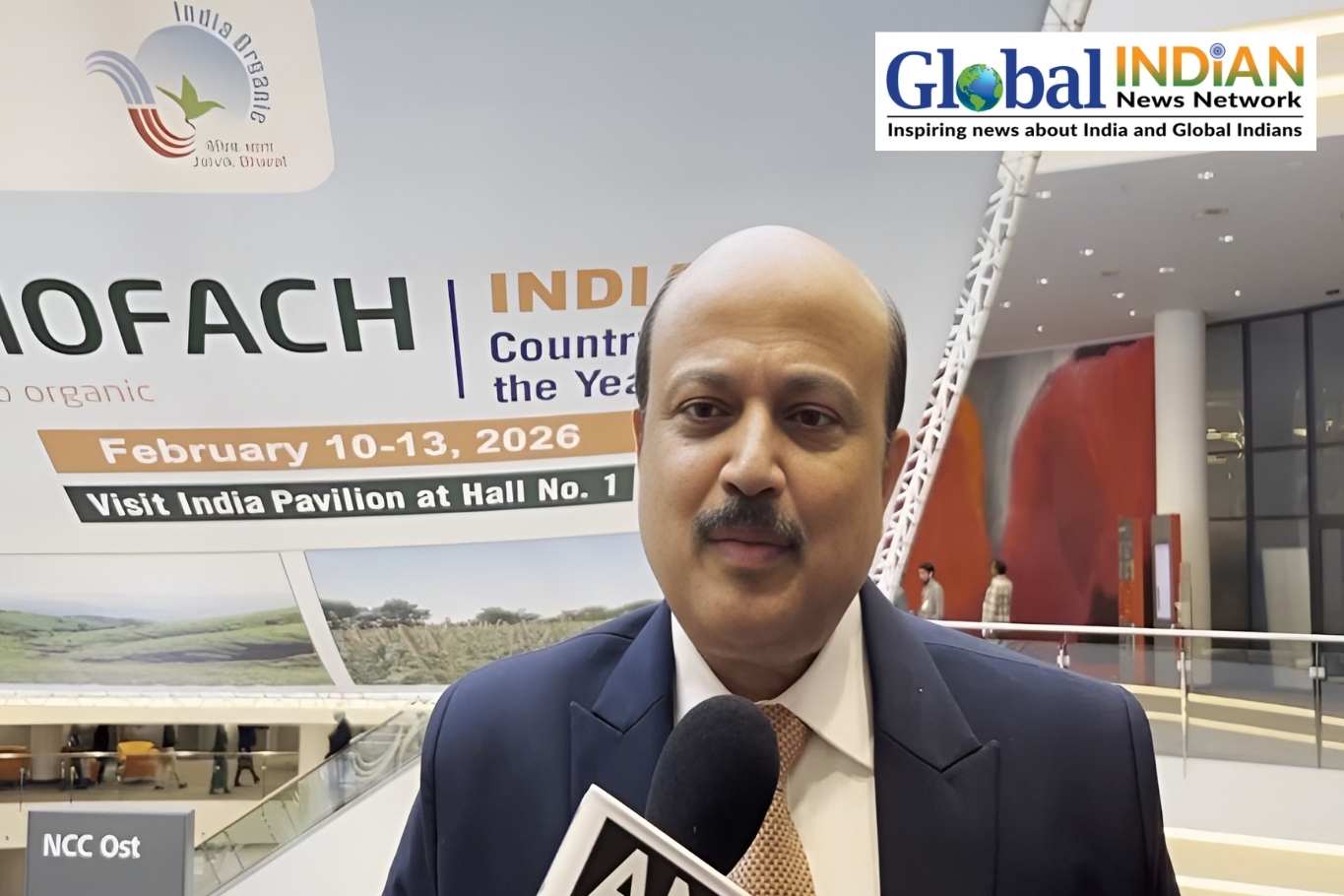
According to a senior Biden administration official, the relationship between the US and India has entered a new era of alignment with solid foundations and a promising future. Richard Verma, Deputy Secretary of State for Management and Resources, highlighted that the two countries have achieved a significant convergence in their collaborative efforts and in their assessments of global threats and opportunities.
In his remarks at the Hudson Institute’s event, ‘The United States and India: Milestones Reached and the Pathway Ahead,’ Verma emphasised that the past three and a half years have marked a period of notable alignment in US-India relations. He acknowledged that, while the US and India do not agree on every issue, the current era is characterised by strong foundations and a bright outlook.
Verma outlined four key areas of potential collaboration between the two nations: science and technology, Indo-Pacific and multilateral institutions, defence and trade, and people-to-people relations. He stressed the importance of not becoming complacent and taking advantage of the progress made over the past 25 years to further strengthen and enhance their partnership.
Verma noted that former President Bill Clinton’s policy shift significantly de-linked US-India relations from US-Pakistan dynamics, leading to innovative and impactful initiatives such as the US-India Civil Nuclear Deal. This landmark agreement aimed to provide India with reliable nuclear energy while integrating it into international atomic energy safety standards.
The deal, Verma said, exemplified the willingness of both countries to undertake bold steps with lasting implications. This cooperation has since advanced defence relations, with India designated as a major defence partner of the US—a unique status reflecting bipartisan support in Congress.
He also highlighted joint efforts in developing sophisticated systems to promote peace and stability in the Indo-Pacific region and beyond, as well as collaborative action on climate change, which has influenced other nations to pursue more sustainable practices.
However, Verma acknowledged ongoing challenges, such as the growing Russia-China collaboration and its implications for security in the Indo-Pacific. He emphasised the need for deeper economic cooperation with clear guidelines and continued support for civil societies to ensure transparency, fairness, and freedom of expression.
Ultimately, Verma underscored that the shared values and commitment to inclusive democracies between the US and India strengthen their relationship and enable them to address difficult issues as close allies.









